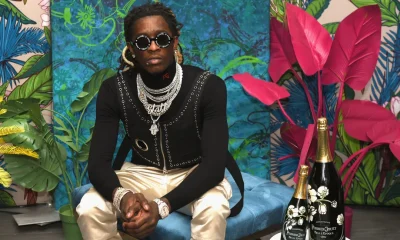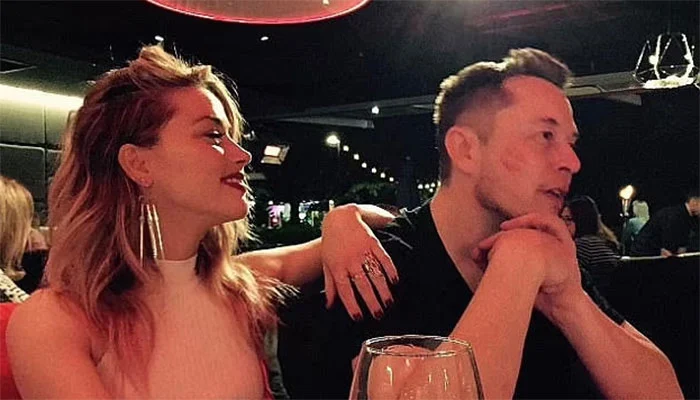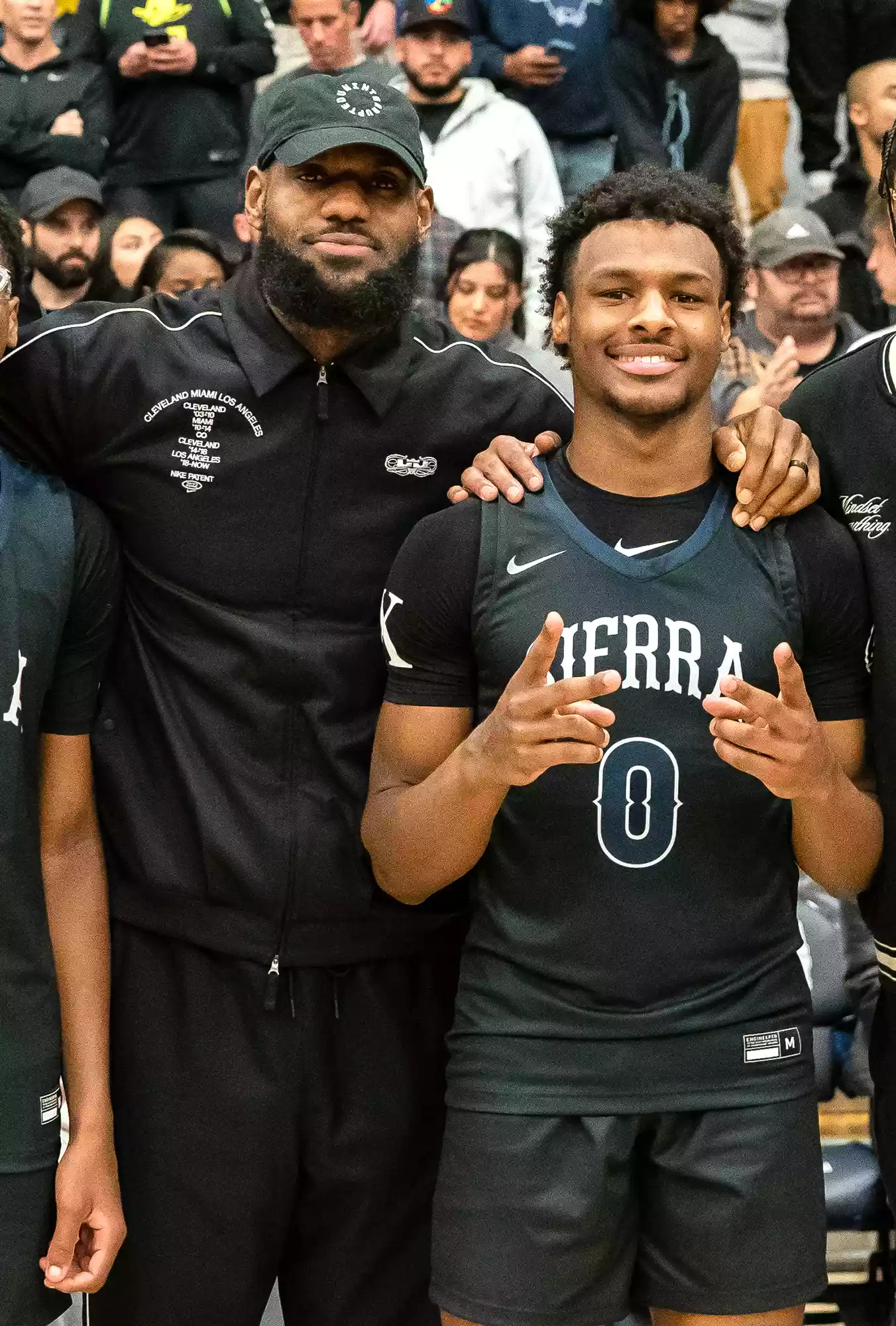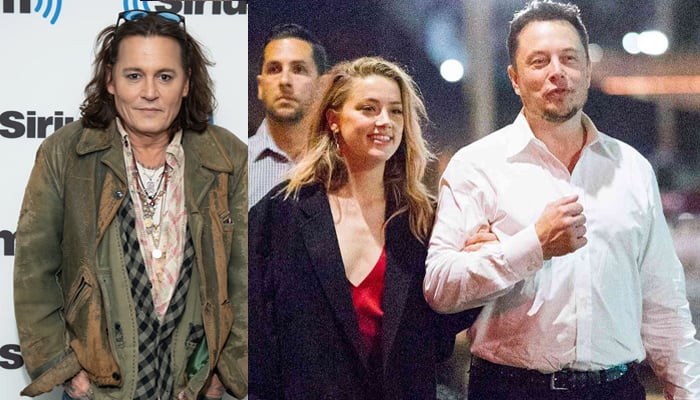ENTERTAINMENT
Johnny Depp, Amber Heard Ask Appeals Court to Examine Opinion and Truth in Defamation Fight

On Nov. 23, Heard appealed a verdict that she defamed ex-husband Depp by calling herself a survivor of domestic abuse in an op-ed in The Washington Post. The jury handed Depp a near sweep in the case, ruling in his favor on three of his claims and against him on just one. He was awarded over $10 million.
The trial revolved around accusations that Heard defamed Depp in her op-ed because it suggested that he abused her. In her 68-page appeal, Heard argued that her statements at the center of the trial were opinion and didn’t carry a defamatory implication. If the court’s ruling holding that she could be sued over what she wrote in the op-ed stands, she warned that it will “undoubtedly will have a chilling effect on other women who wish to speak about abuse involving powerful men.”
In October, Depp also appealed part of the verdict awarding Heard $2 million for defamatory statements from his lawyer, Adam Waldman, while moving to affirm the rest of the judgment.
“The jury’s emphatic favorable verdict on all three defamatory statements alleged in his Complaint fully vindicated Mr. Depp and restored his reputation,” Benjamin Chew, representing Depp, wrote.
The allegedly defamatory statements in Heard’s column were: (1) “I spoke up against sexual violence — and faced our culture’s wrath.”; (2) “Then two years ago, I became a public figure representing domestic abuse, and I felt the full force of our culture’s wrath for women who speak out.”; (3) “I had the rare vantage point of seeing, in real time, how institutions protect men accused of abuse.”
But statements that can’t be proven factually false can’t be held defamatory. With the exception of the op-ed’s headline stating, “I spoke up against sexual violence,” which is objectively true, Heard said that all three of the challenged statements are “protected opinion.” She argued the case should’ve never reached a jury.
“There is no objective basis for assessing the truth or falsity of whether Heard ‘felt’ or ‘faced our culture’s wrath,’ whether she is a ‘public figure representing domestic abuse,’ or whether she saw ‘institutions protect men,’” wrote Heard’s lawyer Jay Brown. “These statements are relative in nature and reflect Heard’s subjective viewpoints.”
And for the same reason she says she couldn’t have defamed Depp because the statements were opinion, Heard also claimed that they didn’t convey a defamatory implication. She stressed that the op-ed doesn’t mention Depp by name, their relationship or a 2016 restraining order against him, but rather advocates for changes to laws and social norms regarding domestic violence and sexual assault.
Depp maintained that the op-ed implied he abused Heard because readers would understand the words “two years ago, I became a public figure representing domestic abuse” to refer to domestic violence proceedings that led to the restraining order. He claimed that Heard “revived” the abuse allegations by describing the public backlash she faced.
If the court’s ruling is affirmed, Heard said it would essentially “create a rule preventing any abused person from addressing the societal implications of speaking out about abuse.”
“If that were the law, then it would be actionable in defamation to say, ‘Four years ago, Christine Blasey Ford became a public figure representing sexual assault,’” the filing added. “That plainly is not the law.”
Another major focus of Heard’s appeal is that the case was held in Virginia instead of California, where both sides live. Judge Penney Azcarate refused to move the case because The Washington Post‘s servers are located in Virginia. For defamation suits, Virginia courts have held that cases should be located in “the state where the content at issue was published.” But there’s some ambiguity over how that rule should be applied to defamation claims based on internet publications, which reach an audience in multiple states simultaneously.
If the case took place in California, Heard could’ve potentially won early dismissal of the suit under the state’s anti-SLAPP statute, which compels the dismissal of claims challenging protected speech.
Heard also contended that trying the case in Virginia unfairly gave Depp the upper hand because she was unable to subpoena witnesses to testify in her defense. The only live witness Heard was able to call was her sister.
“Depp, who has considerable resources from his decades as a movie star, was able to call more than fifteen live fact witnesses who voluntarily traveled to Virginia from another jurisdiction or appeared by Webex, many of whom are employed by or otherwise financially linked to Depp,” Brown wrote.
During the trial, Depp’s lawyer stressed that no one testified for Heard other than her sister.
“This is a woman who burns bridges,” said Depp’s lawyer Camille Vasquez. “Her close friends don’t show up for her.”
The allegedly defamatory statements that made up Heard’s counterclaims concerned accusations Waldman — one of Depp’s lawyers, who was thrown off the case after allegedly leaking information covered by a protective order to the press. He claimed that Heard had set up an “ambush, a hoax” to “set Mr. Depp up by calling the cops.”
Depp’s appeal argued that he shouldn’t be held liable for statements his attorney made since Waldman was an independent contractor.
“Lawyers, as legal professionals, typically are not subject to their clients’ control with respect to the manner in which they provide their services,” Chew wrote. “If clients cannot control the details of their attorneys’ work, it makes little sense that clients should nonetheless be held accountable for their attorneys’ tortious actions.”
Depp said that he can’t be held liable for Waldman’s statements unless his lawyer committed every element of defamation, including the intent to act with actual malice, or the knowledge that he knew the claims were lies or acted with reckless disregard for the truth. He stressed that Waldman thought his statements were true.
“Mr. Waldman testified at length, for example, about why he believed that Ms. Heard’s allegations of abuse were false, citing testimony from multiple witnesses that contradicted Ms. Heard’s account of events, including discrepancies in Ms. Heard’s own story,” Chew wrote.
The appeals court could decide to grant a new trial or completely overturn the verdict. Both sides can appeal the court’s decision to the Virginia Supreme Court.
[via]








